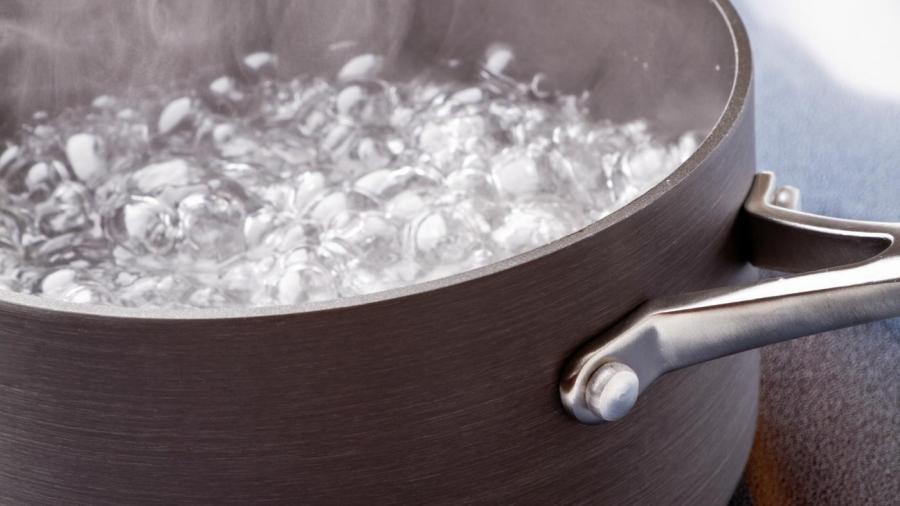Why Do Things Dissolve Faster in Hot Water?

According to Science Kids, things dissolve faster in hot water because the molecules in hot water move at a greater speed, bumping more frequently against the solute (the item being dissolved). The more frequent bumping against the solute causes it to dissolve quicker in the water.
Hot water has a higher amount of kinetic energy. The increased amount of kinetic energy is what causes the molecules to move faster. A solvent (the item that the solute is dissolved into) dissolves the solute by breaking up both its molecular bonds and the solute’s molecular bonds. The molecular bonds in both substances have to be broken so that new molecular bonds can form between the solute and solvent. Once the solvent and solute are combined with molecular bonds, it is known as a solution.
The amount of energy required to dissolve a solute into a solvent depends on what substance the solute is. Solutes with strong molecular bonds require more energy for the bonds to be broken. Weak solutes can dissolve at a lower temperature than strong solutes.
Solutes that do not dissolve in water have nonpolar covalent bonds. Nonpolar covalent bonds have a low electronegativity (tendency to attract electrons) and do not readily form new molecules. Water is a polar molecule that requires another polar molecule to form a new molecule.





